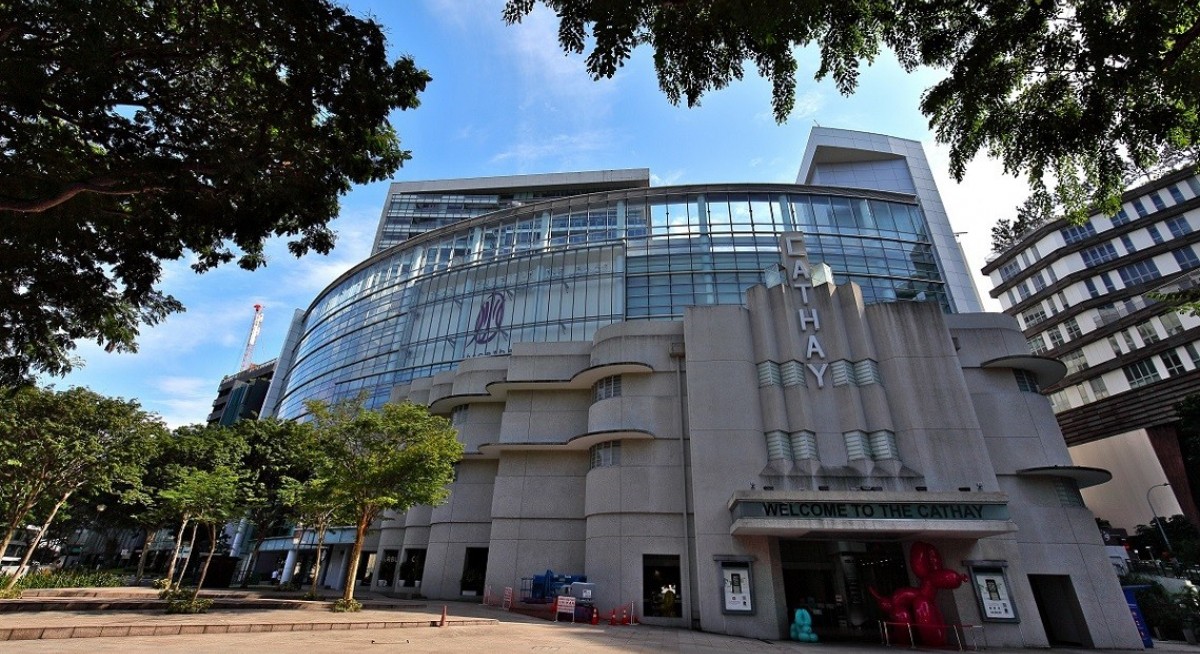The Cathay cinema was not just a tenth of the cost in London, it was about five times better. There was no popcorn on the floor in Singapore. It was carpeted and spotless. The seats had cushions. Some of the better seats allowed you to recline, like on a business class flight.
In London, even the best cinemas had filthy floors. In the winter, people slept in the corridors. It stank of sweat in the summer, because there was no air-conditioning. The soft drinks and refreshments were three times the cost of the ticket.
In early 1998, I watched The Titanic at The Cathay cinema. It was about the sinking of an oceanliner in 1911 after hitting an iceberg in the Arctic Seas. The movie was shot with CGI, as well as actual footage of the ship’s wreckage. The sound effects were so realistic that it gave you a jolt. The Titanic is an all-time classic that can only be fully appreciated at the cinema.
The epic production was two films stitched as one. It was both a teenage romance and an epic disaster movie.
See also: Stocks roar back as Dow Average hits 50,000 mark
This week, The Cathay has become a disaster of titanic proportions. Like the sinking of the ship in 1911, its descent has been slow but inevitable.
Cathay Cineplexes, the entity which operates the cinema chain, has been sent for voluntary liquidation. It is owned by mm2 Asia, which is listed on the Singapore Exchange (SGX). It has been grappling with a tale of woe for the last five years.
Cinema attendance in this city has never completely recovered from Covid. The pandemic emptied the cinema for a couple of years. Once the lockdowns ended, the Cathay chain of cinemas, along with the whole industry, faced an even tougher opponent. Streaming is like the iceberg that sank the Titanic. Netflix and Disney have made cinemas useless.
See also: How China uses a ‘national team’ to influence trading
The range of content that these streamers offer is unmatched. You can watch old classics like The Titanic, as well as recent TV series like Game of Thrones. A basic Netflix subscription is around $16 a month. This is less than the entire cost of bringing a family out to watch a movie at the cinema.
Operating empty cinemas is not pleasant. Singapore’s commercial rents are among the highest in the developed world. mm2 Asia has been grappling with an ice mountain of unpaid debts.
Over $3 million is owed to landlords of the Century Square and Causeway Point outlets. A $4.3 million rental arrears at its Jem outlet led to its closure in March 2025. The company is also facing a $7 million repayment demand from Linkwasha Holdings due to a 2017 loan used to acquire Cathay Cineplexes.
mm2 Asia is teetering on the edge of an iceberg. Its total liabilities are 12 times its net shareholder’s equity ($25 million). mm2 Asia’s sorry fate is likely to be faced by other cinema operators.
Over 1,500 people perished when the Titanic sank. This was about two-thirds of the passengers.
There were some positive developments in the wake of the tragedy. It led to stricter ship safety measures. Ships were required to carry enough lifeboats for everyone onboard. Lifeboat drills became standard. Iceberg patrols were created.
Similarly, the collapse of the cinema industry may boost new industries. There are new claimants for the real estate that the cinemas are abandoning.
Sink your teeth into in-depth insights from our contributors, and dive into financial and economic trends
It has led to an increase in available commercial real estate. Vacancy rates have surged to 11% Q2 2025, up from 7% in early 2022. Prime retail spaces are cheaper for new businesses.
Spacious malls are ripe for virtual reality centres and gyms. They would draw crowds and repurpose the idle space.
It is not all fun and games. Singapore’s tuition industry has ballooned in the last decade. Kiasu parents are pushing their kids to study harder. Over 70% of kids get some form of private tuition. Malls are ideal locations for a tuition centre.
The Titanic is a tale told by a survivor. Watch out for the winners from Cathay’s closure.
Nirgunan Tiruchelvam is head of consumer and internet at Aletheia Capital and author of Investing in the Covid Era




